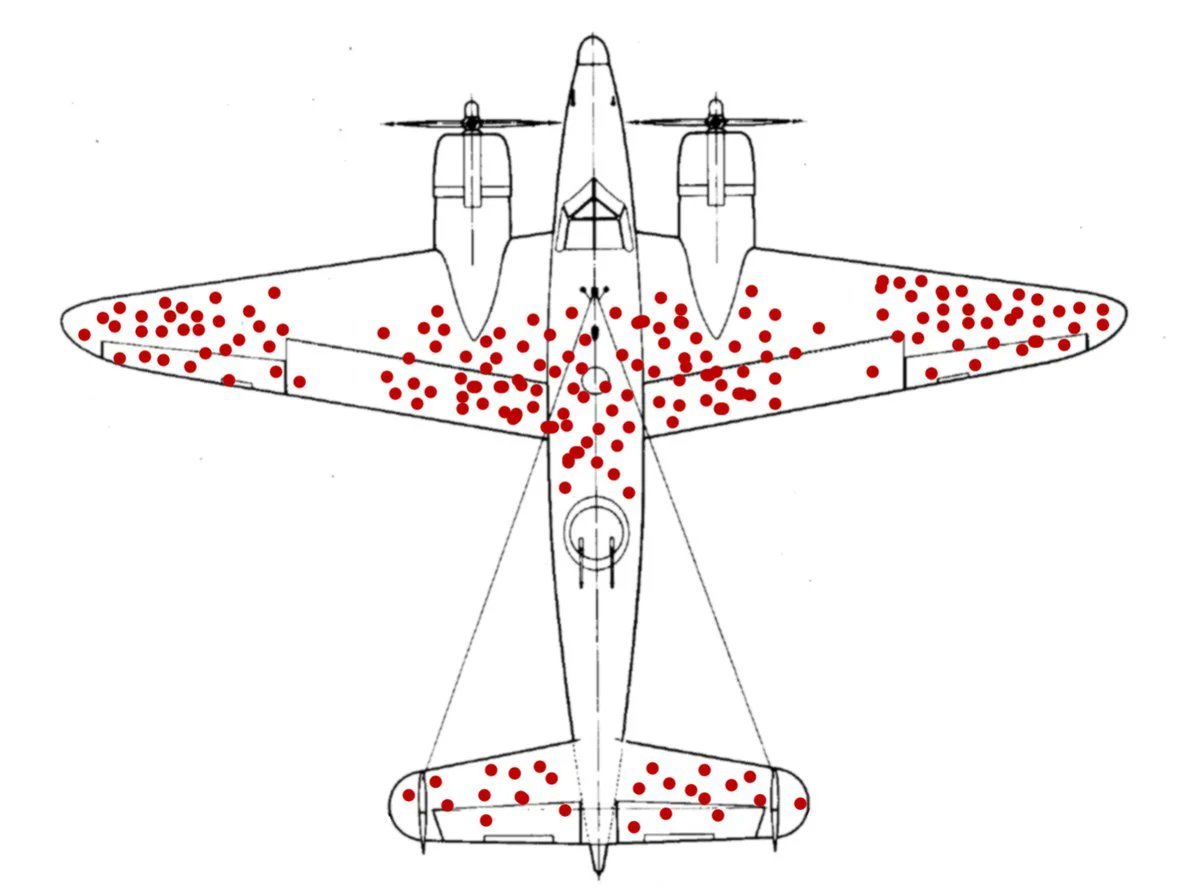
We're hiring for the engineering team at @OurWorldInData!
A rare chance to build data visualization and pipelines at a well-known and highly influential organization that is focused on how to make progress against the world's biggest problems.
ourworldindata.org/jobs
A rare chance to build data visualization and pipelines at a well-known and highly influential organization that is focused on how to make progress against the world's biggest problems.
ourworldindata.org/jobs
For those few who haven't heard of @OurWorldInData, it's probably the top site in the world that presents research and data on topics such as global health, poverty, energy usage, agriculture and nutrition, population growth, education, etc.
The data is presented in interactive visualizations and all of it is downloadable in CSV.
As a premiere example, check out our coronavirus data explorer: ourworldindata.org/coronavirus-da…
As a premiere example, check out our coronavirus data explorer: ourworldindata.org/coronavirus-da…
I cite Our World in Data all the time at @rootsofprogress, and I'm far from the only one. Our work is referenced in academic papers, newspapers (@FT, @nytimes), books (@sapinker, @HansRosling, @amcafee), podcasts (@planetmoney, @Freakonomics), and videos (@Kurz_Gesagt).
We also reach the general public: our site gets over 5 million visitors a month, and ranks highly for searches such as “population growth” or “global poverty”.
In the last year, we've also become one of the world's top sources for data about COVID-19. Our vaccine tracker is one of the most cited: ourworldindata.org/covid-vaccinat…
I've been consulting part-time with the team for over a year, and they're a pleasure to work with. OWID is a non-profit that originated in academia, but internally it feels like a tech startup. We use modern tools like @SlackHQ & @NotionHQ, and work with a minimum of bureaucracy.
On the dev side, we have a modern tech stack using @typescript, @nodejs, and @reactjs; code on @github; hosted on @Netlify.
The team is remote/distributed. Work from wherever you want.
The team is remote/distributed. Work from wherever you want.
We're hiring software engineers, and also a technical team lead. See all our job postings here: ourworldindata.org/jobs
The team lead could be a technical engineering manager who is less interested in day-to-day coding, or an engineering leader who is willing to coach and mentor but would prefer to avoid formal management responsibilities. We're flexible about the role definition.
Still on the fence about whether to apply? I'll let @paulg have the final word:
https://twitter.com/paulg/status/1357443223640305664
• • •
Missing some Tweet in this thread? You can try to
force a refresh







